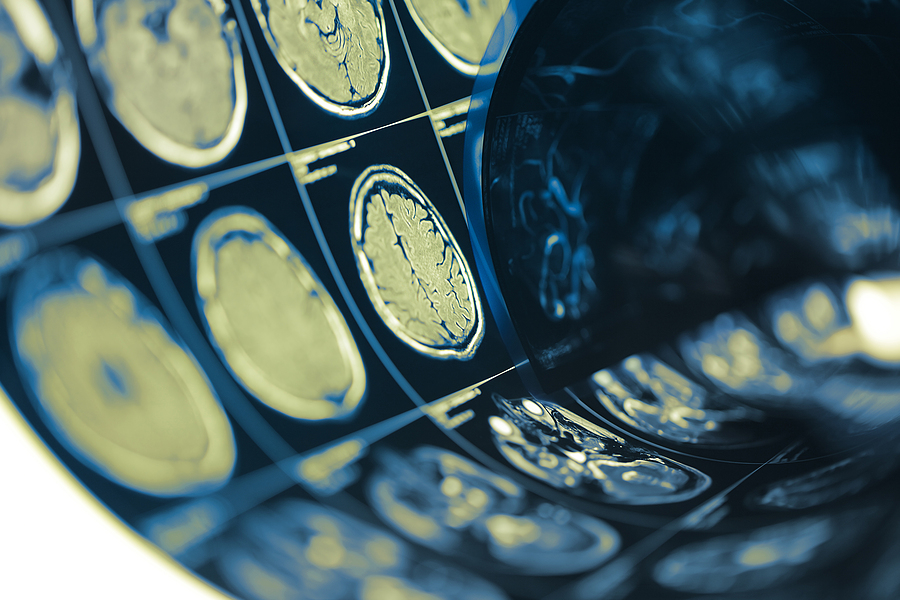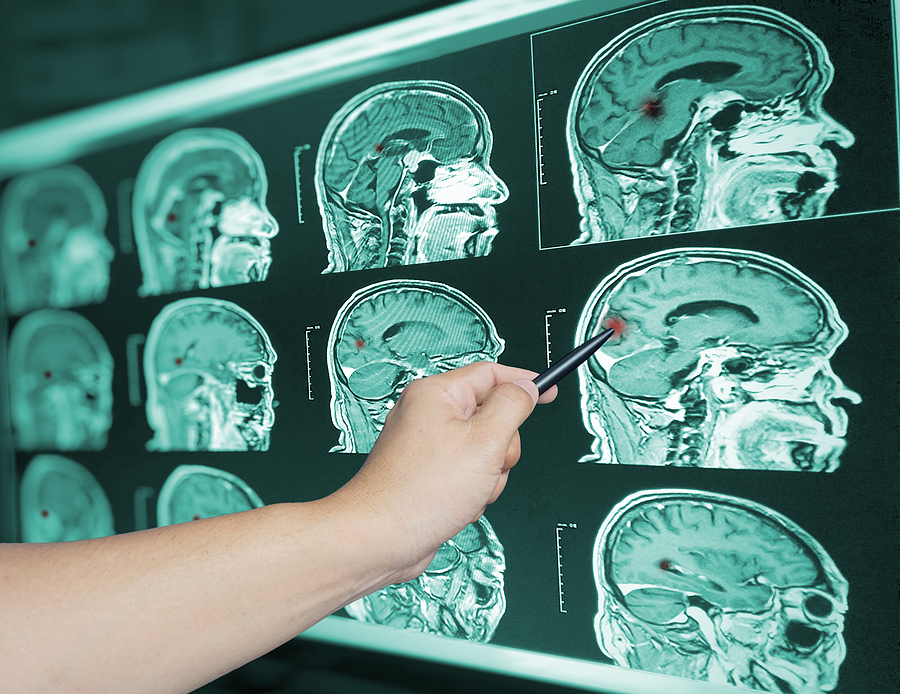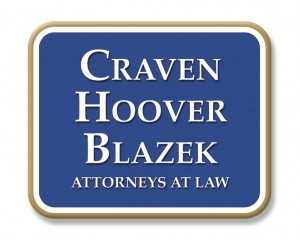Traumatic brain injuries (TBIs) are often called “invisible wounds” for their ability to deeply impact a person’s life while remaining unseen to the outside world. Like an iceberg lurking beneath the surface, the true depth and impact of these injuries often remain hidden, making them one of the most misunderstood and under-diagnosed conditions.
This blog post aims to shed light on the reality of living with a brain injury, the ongoing struggles faced by survivors, and how a brain injury lawyer can provide much-needed support and guidance during the recovery and legal process. Join us as we dive into the unseen world of traumatic brain injuries, and together, let’s give voice to the invisible wounds and those who suffer from them.

The Unseen Consequences of a Brain Injury
While many brain injuries are caused by significant events, such as car accidents, falls, or sports-related incidents, others can occur from everyday activities like a slip and fall or hitting your head on a cabinet. Despite their varying causes, the consequences of a TBI can be devastating and long-lasting. From physical impairments to cognitive challenges and emotional struggles, the impact of a brain injury can be far-reaching and often hidden from plain sight.
Physical Impairments
One of the most obvious consequences of a brain injury is physical impairment. Depending on the severity and location of the injury, individuals may experience motor function issues, such as balance problems, muscle weakness, vision issues or loss of coordination. These impairments can make it challenging to perform everyday tasks and can significantly impact a person’s independence and quality of life.
Cognitive Challenges
In addition to physical impairments, brain injuries can also cause cognitive challenges that affect memory, attention, and problem-solving abilities. This can make it difficult for individuals to plan, organize, or carry out tasks, leading to frustration and feelings of helplessness. These invisible wounds can also cause difficulties with communication, making it challenging to express thoughts and emotions effectively.
Emotional Struggles
The emotional impact of a brain injury is often overlooked but can be one of the most significant challenges faced by survivors. The changes in physical and cognitive abilities, coupled with the frustration and isolation that often accompany a brain injury, can lead to depression, anxiety, and other mental health issues. These invisible wounds can also cause changes in personality, making it difficult for loved ones to understand and adjust to the “new” person their loved one has become.
Life After Suffering a Traumatic Brain Injury
Living with a brain injury is a journey that involves adapting to new challenges and finding ways to navigate a changed world. This process can be overwhelming, frustrating, and at times, seem never-ending. Survivors may also face financial strains as they deal with medical expenses, loss of income, and ongoing rehabilitation costs. This is where a brain injury lawyer can provide much-needed support and guidance.
How a Brain Injury Lawyer Can Help
Navigating the legal system while dealing with a brain injury can be daunting. A brain injury lawyer can help survivors and their families by providing legal expertise, support, and compassion during these difficult times. They can assist with filing insurance claims, negotiating settlements, and seeking compensation for medical expenses, lost wages, pain and suffering, and other damages. A brain injury lawyer understands the complexities of these cases and can advocate for the rights of survivors to ensure they receive the compensation they deserve.
Giving Voice to the Invisible Wounds
Brain and head injuries may be invisible, but their impact is real and should not be overlooked or underestimated. By raising awareness and understanding of these unseen wounds, we can support survivors in their journey to adapt, overcome challenges, and live fulfilling lives. If you or a loved one has experienced a brain injury, don’t suffer in silence.
Seek support and guidance from a brain injury lawyer who can help give voice to your invisible wounds and fight for the justice and compensation you deserve. Remember, you are not alone, and your unseen struggles are valid. Let’s continue to raise awareness, educate others, and break the stigma surrounding brain injuries.
Would you like to speak with an experienced personal injury litigator who is well-versed in head and brain injury claims? Well, you can without any upfront financial obligations! Just contact the Law Office of Craven, Hoover, and Blazek P.C. at 317-881-2700 to schedule a free consultation with a licensed brain injury lawyer in Indianapolis. We represent victims all throughout the state of Indiana, residents of other states injured in Indiana and Indiana residents injured in other states.
Related Posts:
Common Damages Awarded for Traumatic Brain Injury Accidents
How to Obtain Justice After a Loved One Suffers a Wrongful Brain Injury
How to Get Help With Your Minor Traumatic Brain Injury (MTBI) Claim




